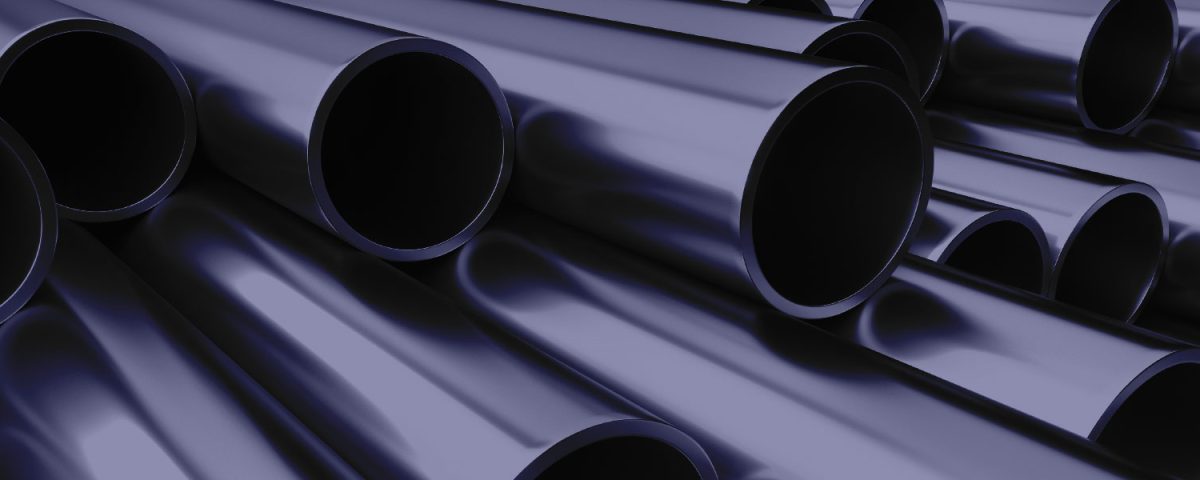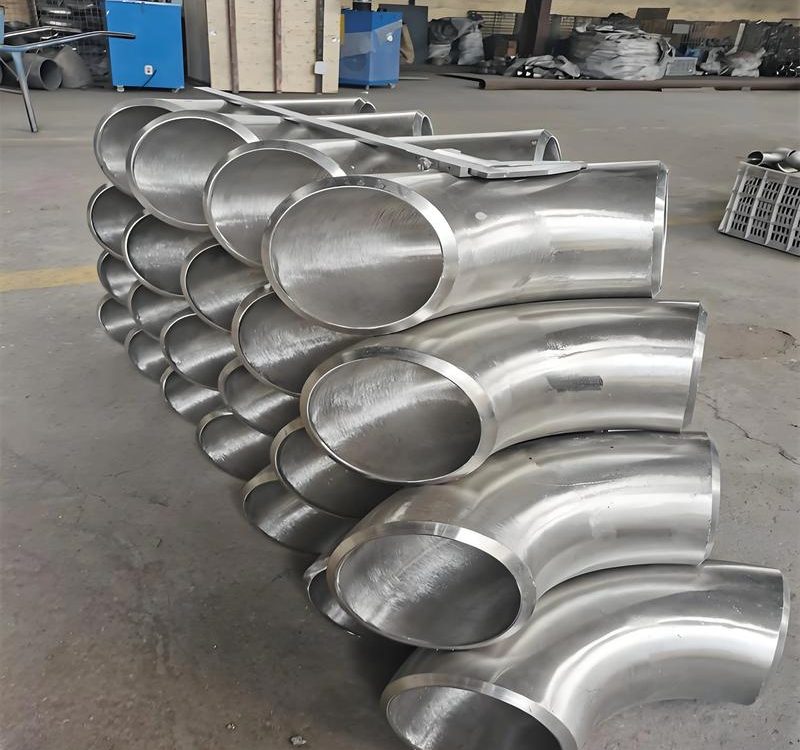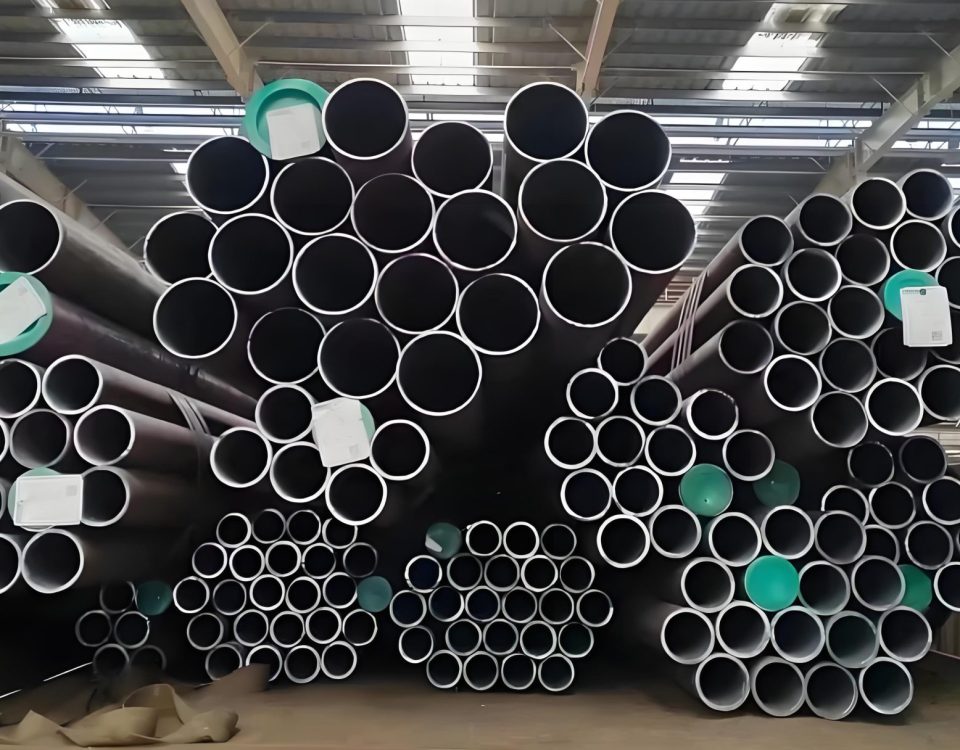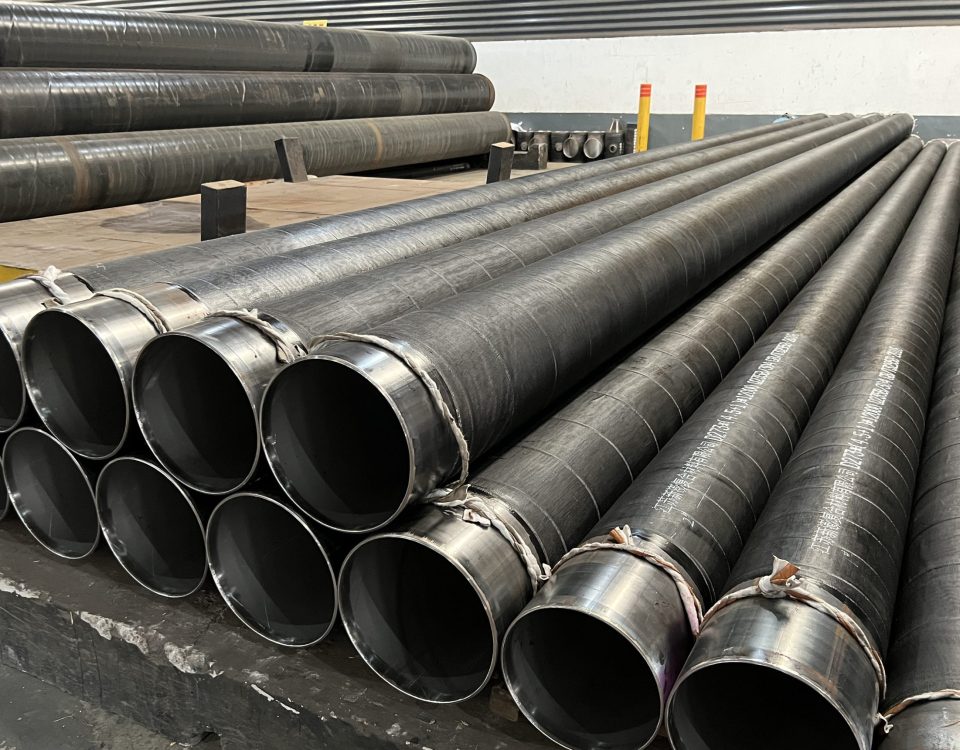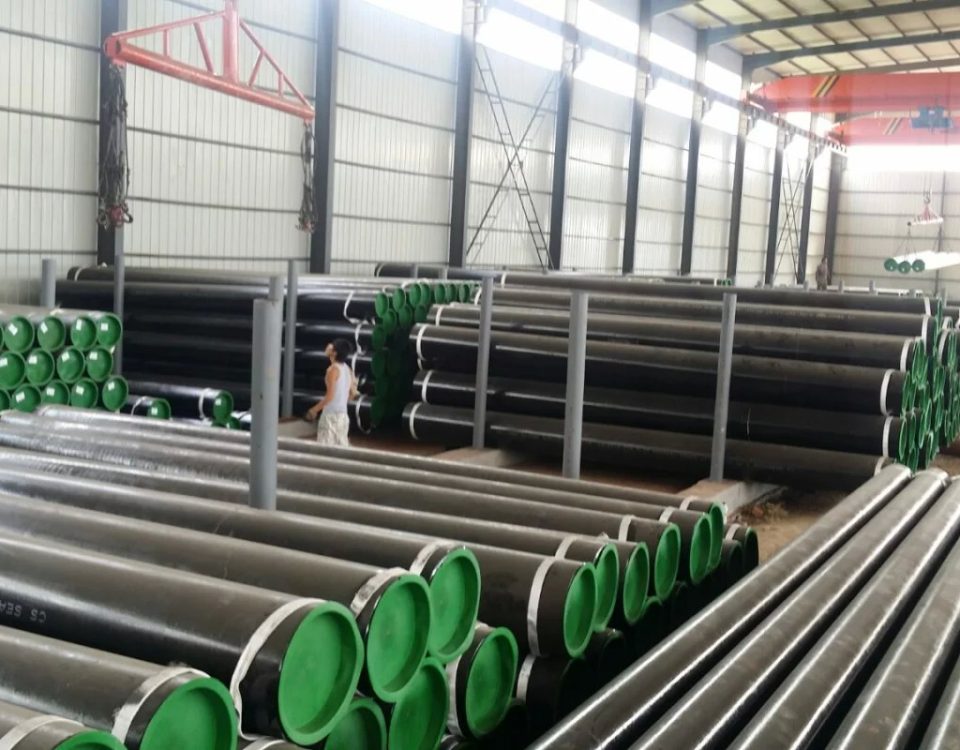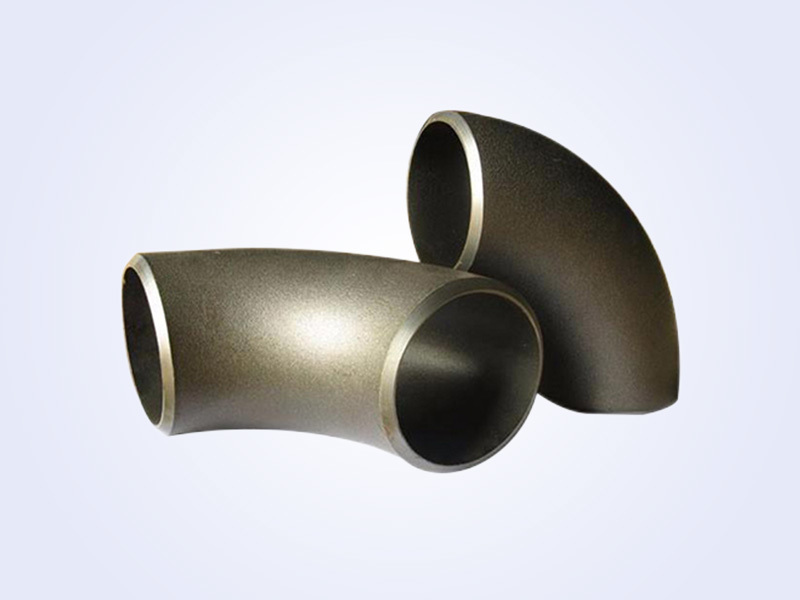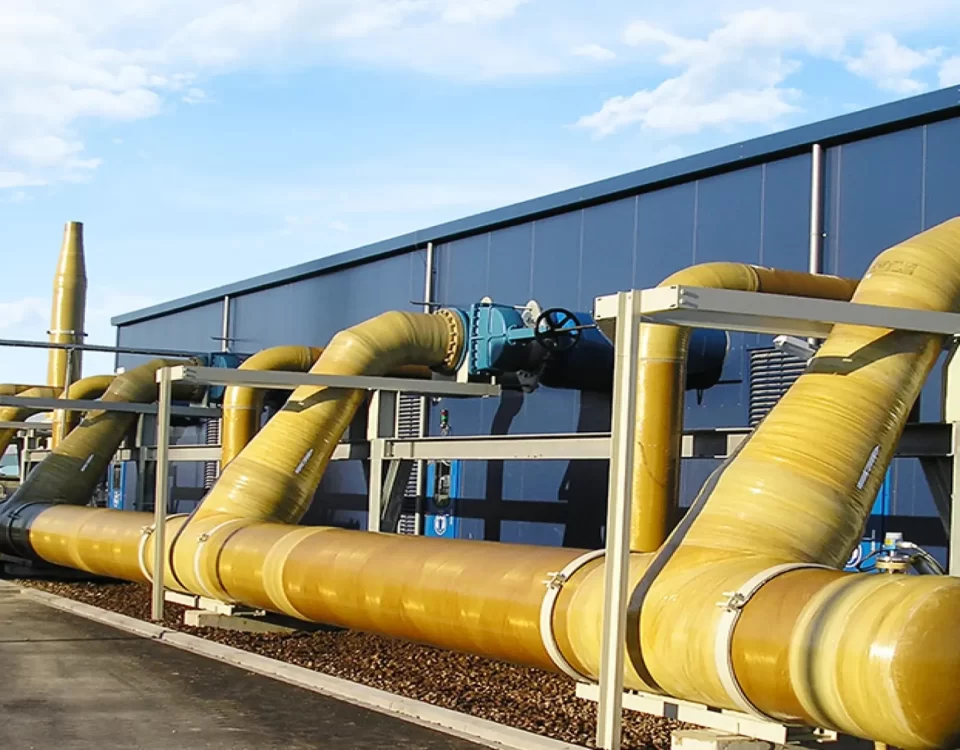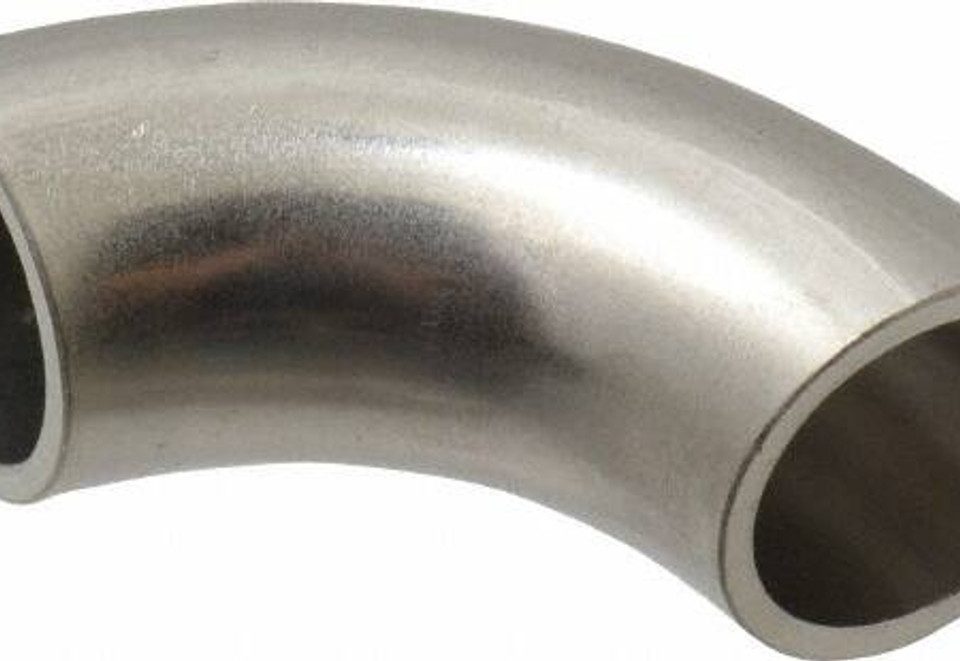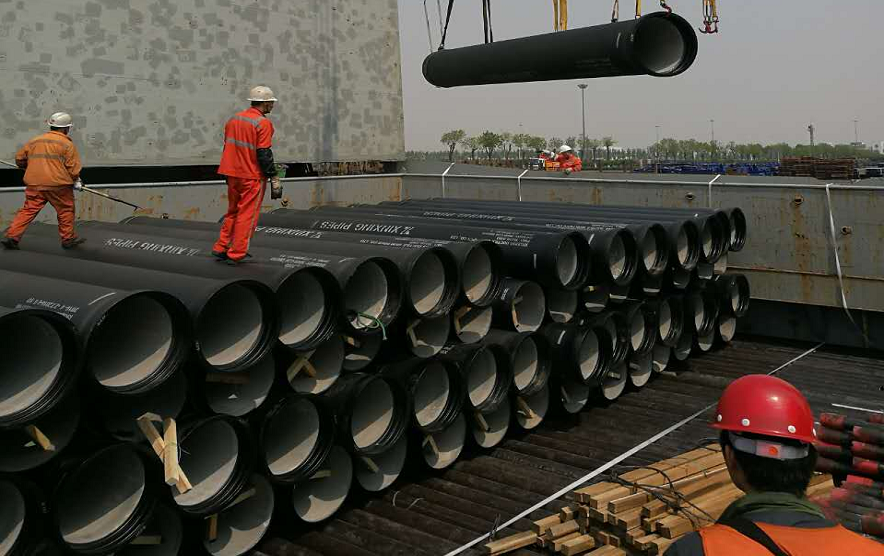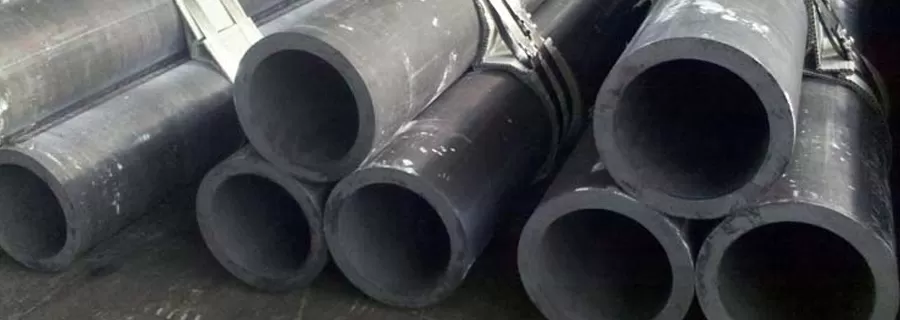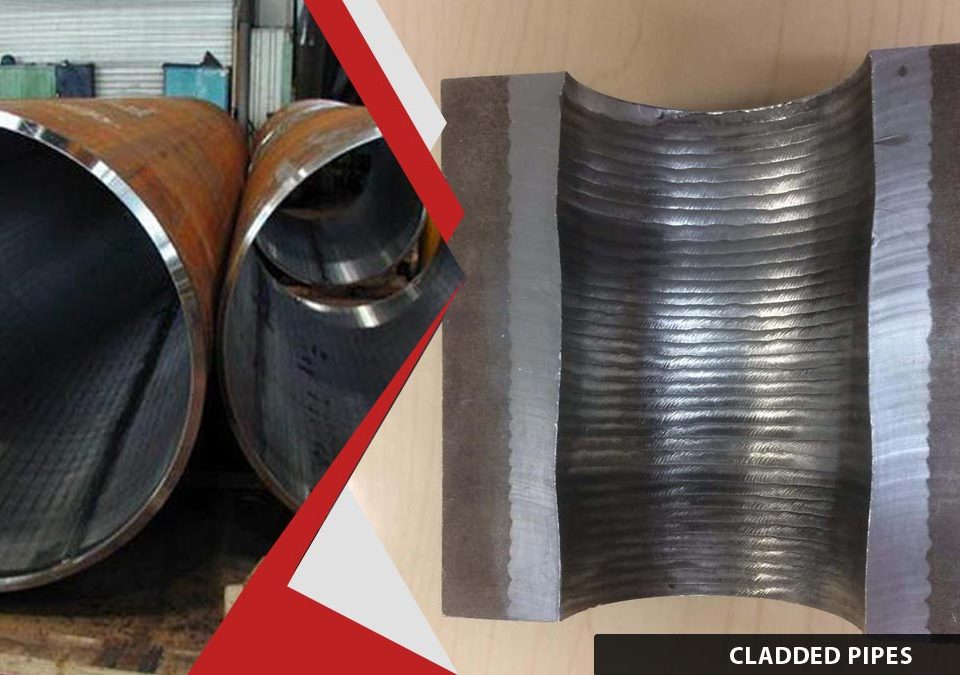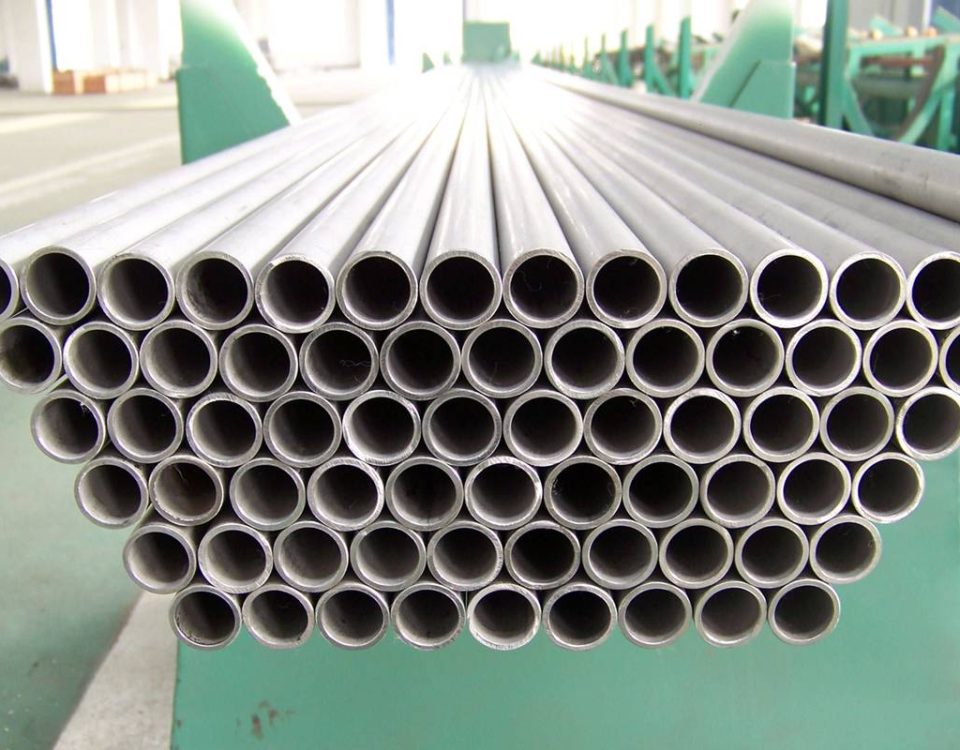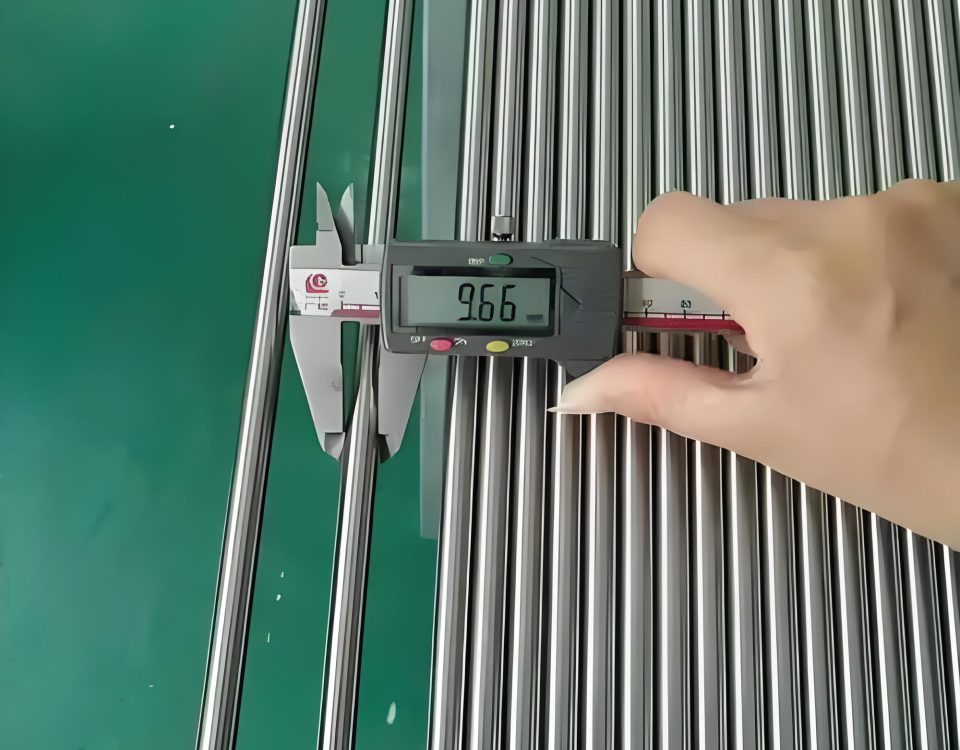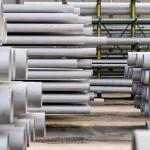
Welding of Nickel Alloy Steel Pipe Buttering and Stainless Steel Pipe
November 16, 2024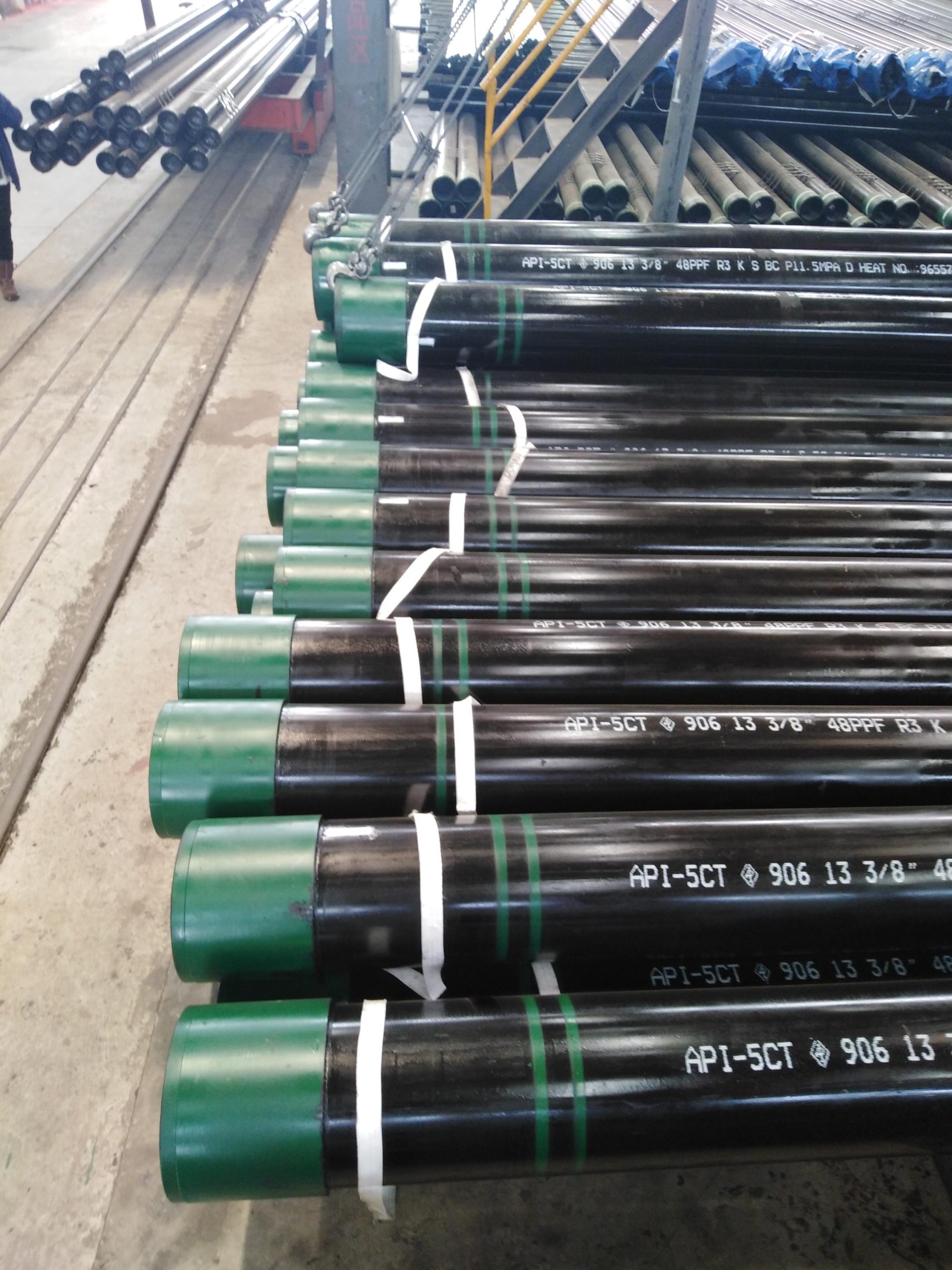
Pipeline Casing Pipes Structural Design
November 27, 2024
Difference Between Inconel Alloy 600 and Incoloy Alloy 800 Steel Pipes
Introduction
Inconel 600 and Incoloy 800 are two widely used nickel-based alloys that are known for their excellent high-temperature resistance, corrosion resistance, and mechanical strength. While both alloys are commonly used in industries such as petrochemical, power generation, and aerospace, they have distinct differences in their chemical composition, mechanical properties, and applications.
In this article, we will explore the key differences between Inconel Alloy 600 steel pipes and Incoloy Alloy 800 steel pipes. We will compare their chemical composition, mechanical properties, corrosion resistance, and applications to help you understand which alloy is best suited for your specific needs.
What is Inconel Alloy 600?
Inconel 600 is a nickel-chromium alloy that is known for its excellent resistance to oxidation and corrosion at high temperatures. It is widely used in applications that require resistance to corrosive environments and thermal stability. Inconel 600 is particularly well-suited for use in high-temperature applications, such as furnace components, heat exchangers, and nuclear reactors.
Key Characteristics of Inconel 600:
- High Nickel Content: Inconel 600 contains a high percentage of nickel (72% minimum), which provides excellent resistance to corrosion and oxidation.
- Good Mechanical Properties: Inconel 600 maintains its strength and toughness at elevated temperatures, making it suitable for high-temperature applications.
- Resistance to Chloride Stress Corrosion Cracking: Inconel 600 is resistant to chloride-ion stress-corrosion cracking, a common problem in stainless steels.
Chemical Composition of Inconel 600
| Element | Composition (%) |
|---|---|
| Nickel (Ni) | 72 min |
| Chromium (Cr) | 14-17 |
| Iron (Fe) | 6-10 |
| Carbon (C) | 0.15 max |
| Manganese (Mn) | 1 max |
| Silicon (Si) | 0.5 max |
| Sulfur (S) | 0.015 max |
| Copper (Cu) | 0.5 max |
What is Incoloy Alloy 800?
Incoloy 800 is a nickel-iron-chromium alloy that is designed for high-temperature strength and resistance to oxidation and carburization. Incoloy 800 is commonly used in applications that require resistance to creep and rupture at elevated temperatures. It is often used in heat exchangers, furnace components, and chemical processing equipment.
Key Characteristics of Incoloy 800:
- Nickel-Iron-Chromium Composition: Incoloy 800 contains a balanced composition of nickel, iron, and chromium, which provides excellent resistance to oxidation, carburization, and sulfur-containing environments.
- High-Temperature Strength: Incoloy 800 retains its strength and structural integrity at temperatures up to 1100°C (2012°F), making it suitable for high-temperature applications.
- Resistance to Creep and Stress Rupture: Incoloy 800 is designed to resist creep and stress rupture under prolonged exposure to high temperatures.
Chemical Composition of Incoloy 800
| Element | Composition (%) |
|---|---|
| Nickel (Ni) | 30-35 |
| Chromium (Cr) | 19-23 |
| Iron (Fe) | 39.5 min |
| Carbon (C) | 0.10 max |
| Manganese (Mn) | 1.5 max |
| Silicon (Si) | 1 max |
| Sulfur (S) | 0.015 max |
| Aluminum (Al) | 0.15-0.60 |
| Titanium (Ti) | 0.15-0.60 |
Key Differences Between Inconel 600 and Incoloy 800
1. Chemical Composition
The most significant difference between Inconel 600 and Incoloy 800 lies in their chemical composition. Inconel 600 has a much higher nickel content (72% minimum), while Incoloy 800 has a more balanced composition of nickel, iron, and chromium.
- Inconel 600: Primarily a nickel-chromium alloy with a high nickel content, which provides excellent resistance to corrosion and oxidation.
- Incoloy 800: A nickel-iron-chromium alloy with a lower nickel content and higher iron content, which provides a good balance of high-temperature strength and corrosion resistance.
2. Mechanical Properties
Both alloys exhibit good mechanical properties at high temperatures, but Inconel 600 is generally stronger at elevated temperatures due to its higher nickel content.
| Property | Inconel 600 | Incoloy 800 |
|---|---|---|
| Tensile Strength | 550 MPa (80,000 psi) min | 450 MPa (65,000 psi) min |
| Yield Strength | 240 MPa (35,000 psi) min | 170 MPa (25,000 psi) min |
| Elongation | 30% min | 30% min |
| Melting Point | 1370-1425°C (2500-2600°F) | 1357-1385°C (2475-2525°F) |
- Inconel 600 has higher tensile strength and yield strength compared to Incoloy 800, making it more suitable for applications requiring higher mechanical strength at elevated temperatures.
- Incoloy 800 offers good creep resistance and stress rupture resistance, making it ideal for applications that involve prolonged exposure to high temperatures.
3. Corrosion Resistance
Both Inconel 600 and Incoloy 800 offer excellent resistance to corrosion, but they are optimized for different environments.
- Inconel 600: Known for its excellent resistance to oxidation, chloride-ion stress-corrosion cracking, and sulfur compounds. It is ideal for use in corrosive environments, such as chemical processing and nuclear reactors.
- Incoloy 800: Offers good resistance to oxidation, carburization, and sulfur-containing environments at high temperatures. It is commonly used in furnace components, heat exchangers, and petrochemical processing.
4. Temperature Resistance
Both alloys are designed for high-temperature applications, but Incoloy 800 is specifically engineered for creep resistance and stress rupture resistance at elevated temperatures, making it more suitable for applications involving prolonged exposure to high heat.
- Inconel 600: Suitable for applications with temperatures up to 1093°C (2000°F).
- Incoloy 800: Can withstand temperatures up to 1100°C (2012°F), making it ideal for furnace components and heat exchangers.
5. Applications
Due to their different chemical compositions and mechanical properties, Inconel 600 and Incoloy 800 are used in different types of applications.
Inconel 600 Applications:
- Chemical Processing: Inconel 600 is widely used in chemical processing equipment due to its resistance to corrosive chemicals and oxidation.
- Nuclear Reactors: Inconel 600 is used in nuclear reactors due to its resistance to radiation and corrosion in high-temperature environments.
- Heat Exchangers: Inconel 600 is used in heat exchangers where high temperatures and corrosive environments are present.
- Furnace Components: Inconel 600 is used in furnace components due to its ability to withstand high temperatures and oxidation.
Incoloy 800 Applications:
- Furnace Components: Incoloy 800 is commonly used in furnace components due to its excellent resistance to oxidation and carburization at high temperatures.
- Heat Exchangers: Incoloy 800 is used in heat exchangers where high-temperature strength and resistance to creep and stress rupture are required.
- Petrochemical Processing: Incoloy 800 is used in petrochemical processing equipment due to its resistance to oxidation and sulfur-containing environments.
- Nuclear Power Plants: Incoloy 800 is used in nuclear power plants for components that require high-temperature strength and resistance to creep and stress rupture.
Summary of Differences
| Property | Inconel 600 | Incoloy 800 |
|---|---|---|
| Nickel Content | 72% min | 30-35% |
| Iron Content | 6-10% | 39.5% min |
| Chromium Content | 14-17% | 19-23% |
| Tensile Strength | 550 MPa (80,000 psi) min | 450 MPa (65,000 psi) min |
| Yield Strength | 240 MPa (35,000 psi) min | 170 MPa (25,000 psi) min |
| Temperature Resistance | Up to 1093°C (2000°F) | Up to 1100°C (2012°F) |
| Corrosion Resistance | Excellent resistance to oxidation, chloride stress-corrosion cracking, and sulfur compounds | Good resistance to oxidation, carburization, and sulfur-containing environments |
| Applications | Chemical processing, nuclear reactors, heat exchangers, furnace components | Furnace components, heat exchangers, petrochemical processing, nuclear power plants |
Conclusion
Both Inconel 600 and Incoloy 800 are excellent materials for high-temperature and corrosive environments, but they are optimized for different applications. Inconel 600 is ideal for applications that require high corrosion resistance and mechanical strength at elevated temperatures, making it well-suited for chemical processing, nuclear reactors, and heat exchangers.
On the other hand, Incoloy 800 is designed for applications that require resistance to creep, stress rupture, and oxidation at high temperatures, making it the preferred choice for furnace components, heat exchangers, and petrochemical processing.
When selecting between these two alloys, it is important to consider the specific operating conditions, such as temperature, corrosion environment, and mechanical load, to ensure the best performance for your application.

